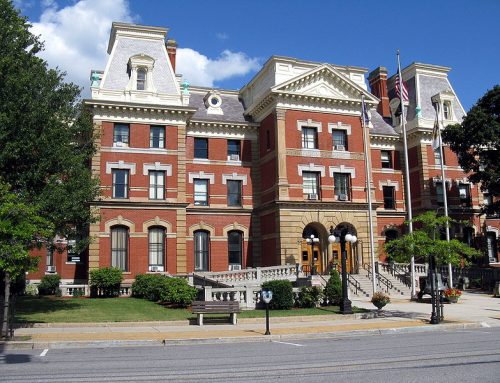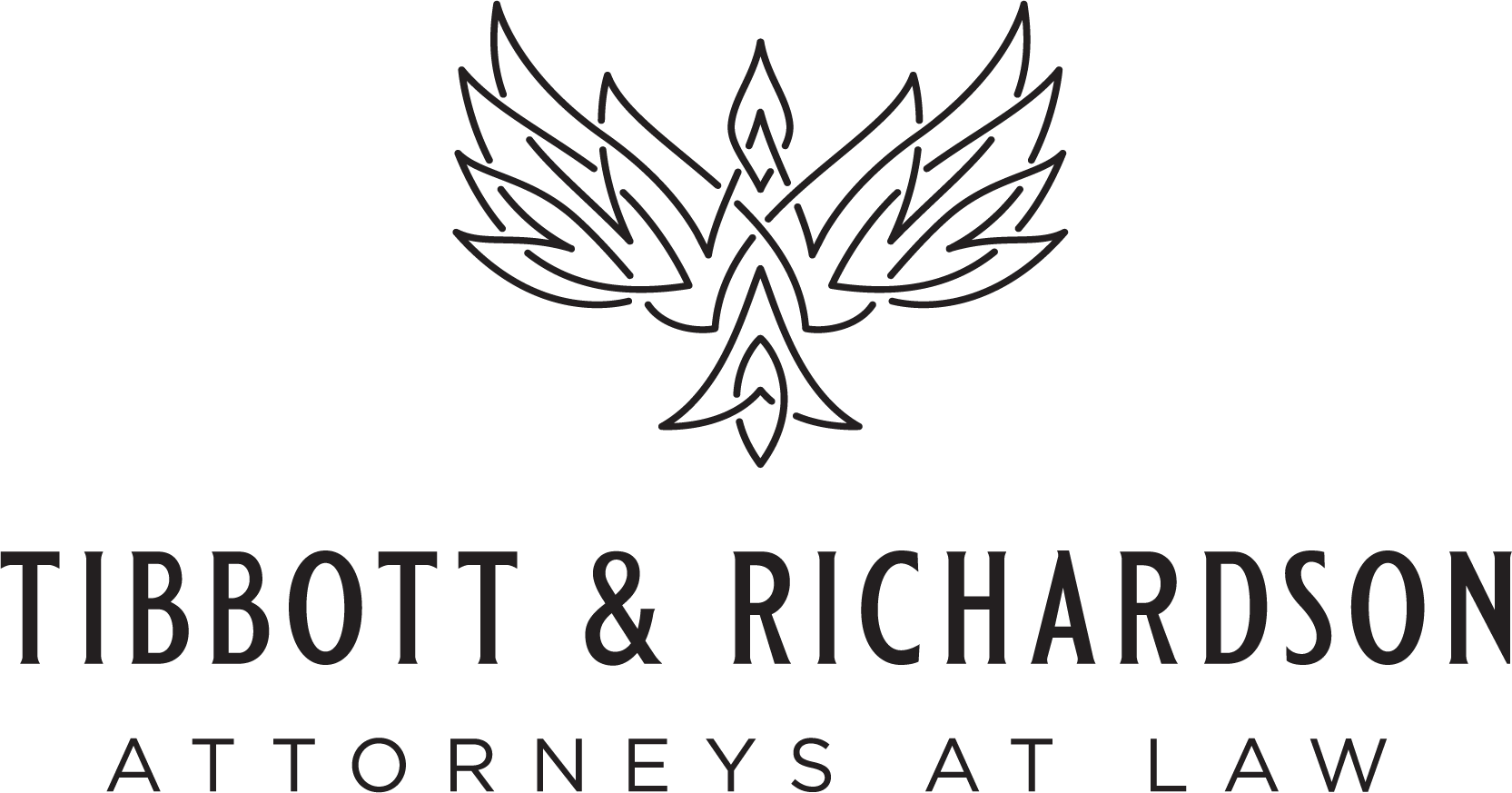Crime Doesn’t Pay, Especially For Your College Tuition
Blog
Trends these days have ranged from wearing leggings, to using an iPad in the classroom instead of taking notes with a good old fashioned pencil and paper. These days, the trend in education seems to be the completion of some form of graduate school in addition to a college bachelor’s degree. Most people, however, cannot afford to pay for these degrees on their own, because, let’s face it, who has $150,000 lying around? Thus, these students must resort to applying for and receiving federal loans to pay for their expensive tuitions.
Many high school-aged students have no idea what they want to do “when they grow up,” and so it is during their college years that they make the choice of pursuing a graduate degree or not. Unfortunately, it is during these years that students also get into the most trouble, due to the combination of easily accessible alcohol, young and immature minds, and a new-found sense of freedom. Possibly even more unfortunate is the fact that criminal convictions attained during these college years can prevent these students from getting the federal student loans they need to pay for such expensive schooling. This, in turn, can put their efforts of achieving their bachelor’s degree and diploma on hold, and even extinguish any future plans to obtain higher education.
The eligibility to receive federal student loans can be suspended if the criminal offense was committed while already receiving federal student aid, including grants, loans, or work-study. For example, for a drug conviction, the applicant will be asked, while completing the requisite questionnaire, whether they had a drug conviction for an offense that occurred while receiving such loans. If the answer is yes, the loans can be suspended until the completion of an approved drug rehabilitation program, or upon the passing of two unannounced drug tests administered by such a program.
Fortunately, certain circumstances can prove advantageous for these students, such as ARD. ARD stands for Accelerated Rehabilitation Disposition, and is designed to divert first time offenders from entering the criminal justice system. Thus, if you are a first time offender, and you are accepted into the ARD program, upon the satisfactory completion of the court-ordered conditions, your record will be expunged. In addition, the prosecutor may agree to lessen the charges. The result of both of these alternate circumstances is that federal student loans may not be suspended or denied. Thus, it is imperative that students (or those thinking about going to school) who have been arrested or charged with a crime seek the professional help of a trained and licensed attorney so as to avoid these devastating consequences, and to ensure a future in higher education.






